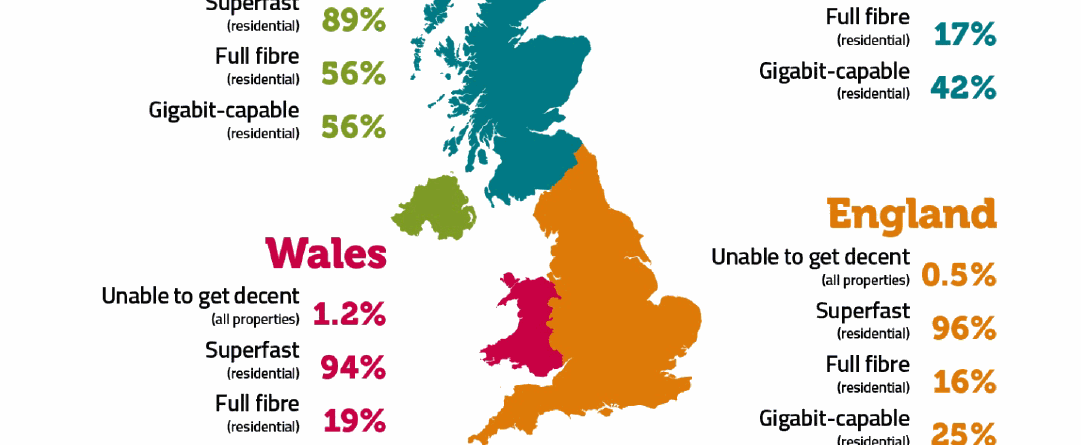Ofcom report ‘Technology Futures’
Ofcom published a report that looks at some of the emerging technologies that could shape the way we live, communicate and entertain ourselves in the future. The report highlights potential future developments such as innovative technologies to help providers roll out better mobile and broadband services by using automation and robots, satellite technology that could be used to provide connections for people who live in hard-to-reach areas, developments in the broadcast sector, such as enhanced, bespoke coverage of sporting events, and new immersive technologies that bring a sensory element to communications services.










